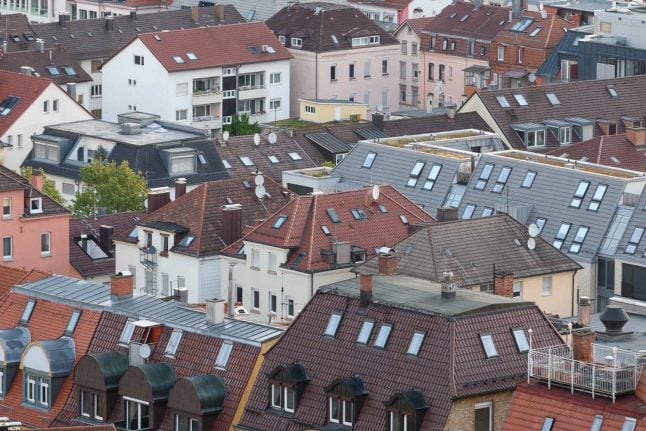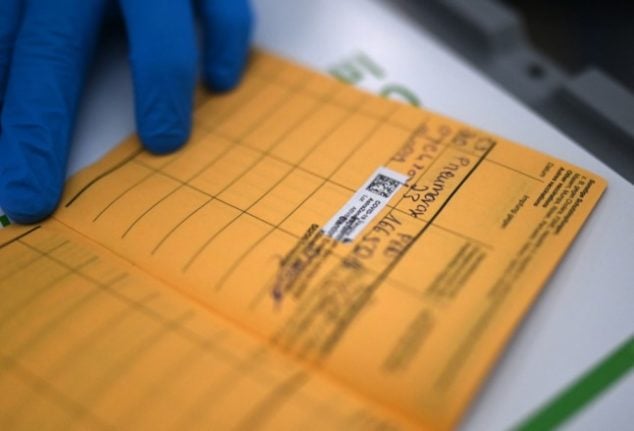As well as the six percent hike in rent prices in the centres of these 19 German cities rents have gone up five percent in the cities as a whole, so including the outer suburbs, according to the biannual report published by Germany’s Bundesbauministerium, or federal building ministry.
The increase applies mostly to large cities in western Germany, such as Munich, Cologne and Essen, but also to the eastern cities of Leipzig and Dresden.
The study further broke down the average rents throughout the country, which vary dramatically from €4.50 per square metre in Vogtlandkreis in Saxony to €17.73 per square metre in Munich.
In 2018, the average rent in Germany stood at €10.88 per square metre in the largest 19 cities, whereas it averaged three euros lower in other cities and urban districts.
In rural districts, apartments were offered on average for less than €6.50 per square metre.
The 19 largest German cities which the study concentrated on are Berlin, Hamburg, Munich, Cologne, Frankfurt am Main, Stuttgart, Düsseldorf, Dortmund, Essen, Leipzig, Bremen, Dresden, Hanover, Nuremberg, Duisberg, Bochum, Wuppertal, Bielefeld and Bonn.
While the report did not include data on all of the individual cities, The Local has requested further information and figures to allow readers to compare.
Over the past few years, there have been protests across the country to end ‘Mietwahnsinn’, or rental insanity, with cities such as Berlin seeing rental costs double over the past 10 years.
SEE ALSO: Berlin rents rise above record €10 per square metre
Graph produced for The Local by Statista.
SEE ALSO: Germans up in arms over 'rental insanity'
Half of income for rent
According to the report, households with a net income of less than €1,300 already have put down 46 percent of their income on the Warmmiete, or rent factoring in all utilities.
By contrast, households with an income of over €4,500 per month would have to spend an average of 17 per cent on rent.
Single households spend about one third (34 percent) of their monthly income on rent, while four-person households put down about one quarter (24 percent). On average in Germany, rent expenditure accounts for 29 percent of income, according to the report.
Building and housing policy spokesman of the FDP parliamentary group, Daniel Föst, said that the “price spiral in rents” should be brought to a halt, calling it “unacceptable” that low-income earners have to spend almost half of their income on rent.
Increasing housing subsidy
To tackle the rising costs, the government said in the report that it would be increasing the amount of so-called Wohngeld, or a housing subsidy for low-income earners.
A two-person household would, for example, receive €190 per month, up from the current €145. The amounts, however, are set to vary by area and income level, and will be adjusted every two years based on housing costs.

New rental units being constructed in Hamburg in March. Photo: DPA
From 2020, the reform is slated to benefit around 660,000 households, including 180,000 who will be first-time recipients of Wohngeld.
To further keep prices down, the government first needs to counter Germany’s housing shortage, said government spokesperson Steffan Seibert, calling for the construction of additional 1.5 million apartments.
On Tuesday, the government’s building commission announced its plans to invest one billion euros per year in 2020 and 2012 on the construction of new social housing units.



 Please whitelist us to continue reading.
Please whitelist us to continue reading.
Member comments